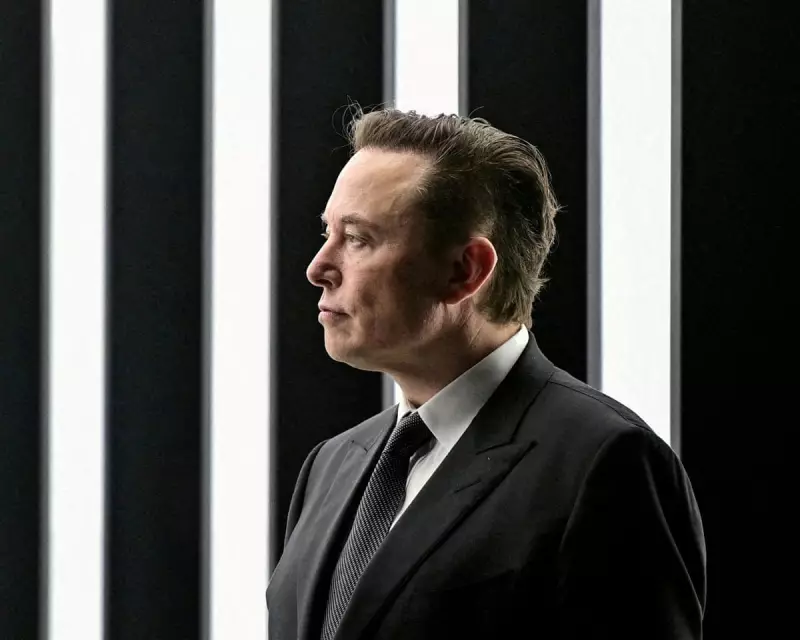
In a dramatic turn of events at Tesla's annual shareholder meeting, Elon Musk's staggering £44 billion compensation package has faced a formidable opponent: Norway's colossal sovereign wealth fund, the largest of its kind globally.
A Vote That Echoes Across Wall Street
The Norwegian fund, holding approximately 1% of Tesla's shares, announced its decision to reject Musk's pay deal, citing serious concerns about the package's sheer size and structure. This move represents a significant challenge to one of corporate America's most generous executive compensation plans.
Nicolai Tangen, the fund's chief executive, emphasised their position, stating they maintain "very good dialogue" with Tesla's leadership but cannot support compensation arrangements they deem "excessive."
Legal Battles and Shareholder Discontent
The controversy stems from a Delaware court ruling earlier this year that invalidated Musk's original 2018 pay package. Since that decision, Tesla's board has been campaigning vigorously to secure shareholder approval for the same compensation structure.
Norway's fund isn't alone in its opposition. Several other major institutional investors have expressed similar reservations, creating a formidable alliance against what critics call an unjustifiable reward package.
Beyond the Pay Package: Broader Concerns
The fund's objections extend beyond Musk's compensation. They've also voted against relocating Tesla's legal incorporation to Texas and expressed concerns about board independence, specifically opposing the re-election of Musk's brother, Kimbal Musk.
This stance highlights growing international scrutiny of corporate governance practices at one of the world's most valuable automakers, signalling that even visionary leaders face accountability from major investors.
The outcome of this shareholder vote could set a crucial precedent for executive compensation across global markets, potentially reshaping how billion-dollar pay packages are viewed by institutional investors worldwide.





